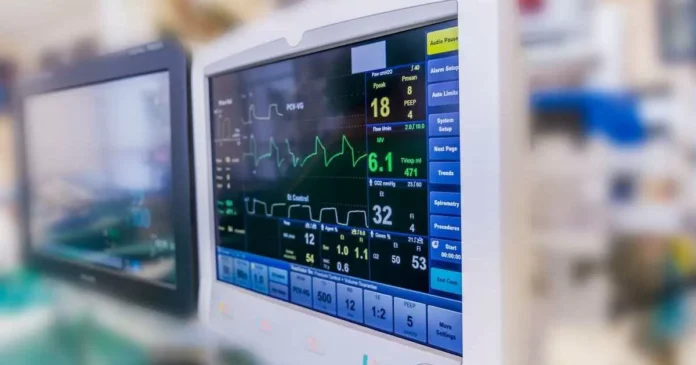In today’s fast-paced world, time is of the essence, especially in emergency situations. Every second counts and any delay in decision-making can result in serious consequences. This is where the use of advanced technology and tools can play a crucial role in improving the efficiency and effectiveness of emergency departments. One such tool is the deployment of a decision support model, which can greatly enhance the decision-making process in emergency departments.
The model, which can be integrated into existing systems, uses advanced algorithms and machine learning techniques to analyze and interpret large amounts of data in real-time. This data includes patient information, medical history, vital signs, and other relevant factors. By processing this data, the model is able to provide valuable insights and recommendations to healthcare professionals, assisting them in making well-informed decisions in emergency situations.
One of the key benefits of deploying this model is its ability to accurately predict the severity of a patient’s condition. This is done by analyzing the patient’s vital signs and medical history, and comparing it to a vast database of similar cases. By doing so, the model can accurately identify high-risk patients who require immediate attention, allowing healthcare professionals to prioritize their treatment. This not only saves precious time but also ensures that critical patients receive the necessary care in a timely manner.
Moreover, the model also assists in making accurate and timely diagnoses. By analyzing the patient’s symptoms and medical history, the model can suggest potential diagnoses and help healthcare professionals in ruling out unlikely conditions. This not only speeds up the diagnostic process but also reduces the chances of misdiagnosis, which can have serious consequences in emergency situations.
Additionally, the decision support model also aids in the management of resources in emergency departments. By predicting the severity of a patient’s condition and providing accurate diagnoses, the model can help healthcare professionals in determining the appropriate level of care and resources needed for each patient. This ensures that resources are allocated efficiently and effectively, minimizing the risk of overcrowding and ensuring that every patient receives the necessary care.
Furthermore, the model can also assist in reducing the burden on healthcare professionals in emergency departments. By providing valuable insights and recommendations, the model can help in streamlining the decision-making process, allowing healthcare professionals to focus on providing quality care to patients. This not only reduces the workload but also helps in preventing burnout and improving the overall well-being of healthcare professionals.
In addition to its benefits in emergency departments, the decision support model can also play a key role in disaster management. During natural disasters or large-scale emergencies, emergency departments are often overwhelmed with a high influx of patients. In such situations, the model can aid in triaging patients, ensuring that those in critical condition receive immediate attention while others are treated in a timely manner.
The deployment of this model is not only beneficial for emergency departments but also for patients. By providing accurate predictions and recommendations, the model can greatly improve the quality of care and reduce the risk of medical errors. This gives patients and their families peace of mind, knowing that they are receiving the best possible care.
In conclusion, the decision support model has the potential to revolutionize the decision-making process in emergency departments. Its ability to accurately predict the severity of a patient’s condition, assist in making diagnoses, manage resources, and reduce the burden on healthcare professionals, makes it an invaluable tool in emergency situations. Its deployment in emergency departments can greatly improve the efficiency and effectiveness of the healthcare system, ultimately saving precious lives.

